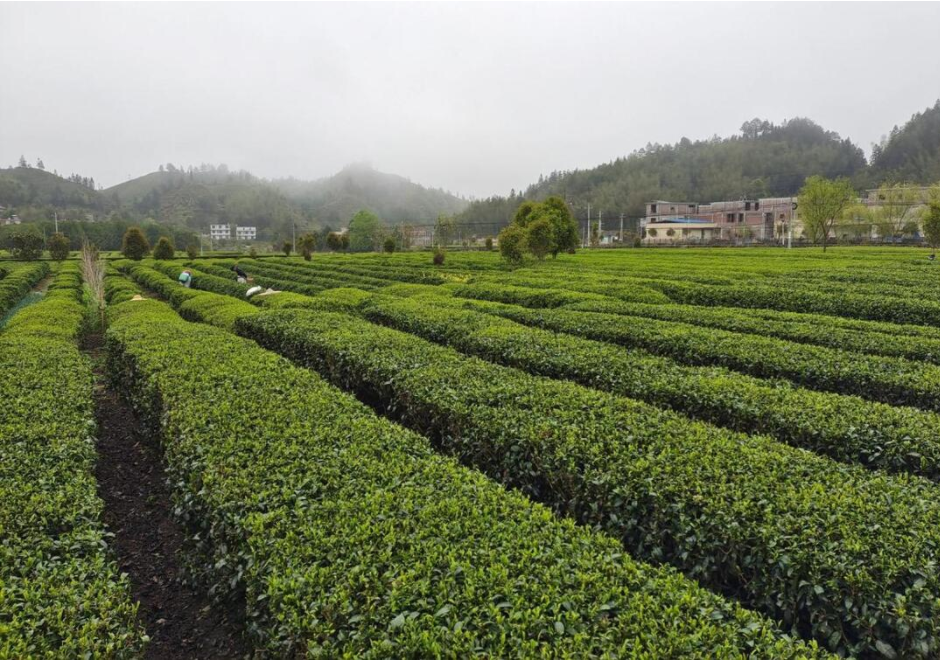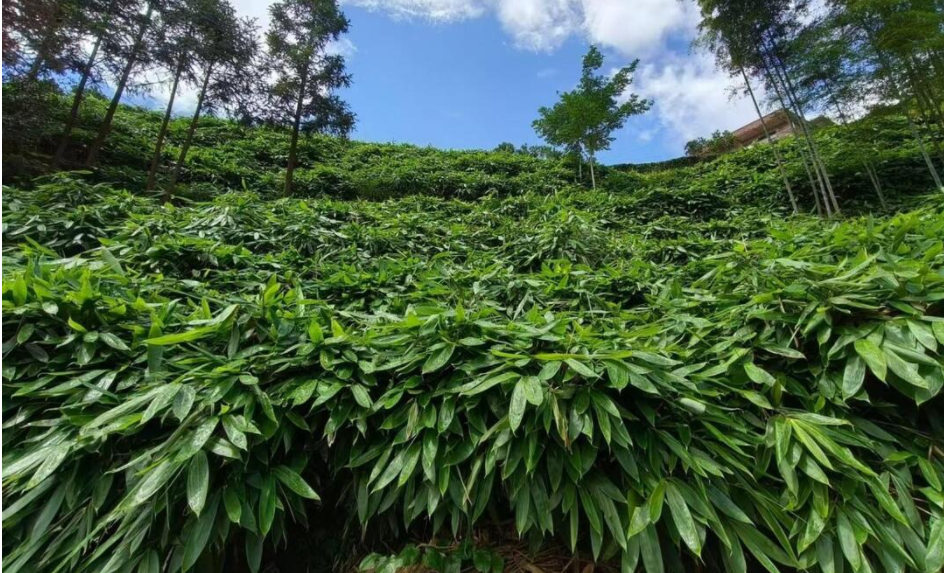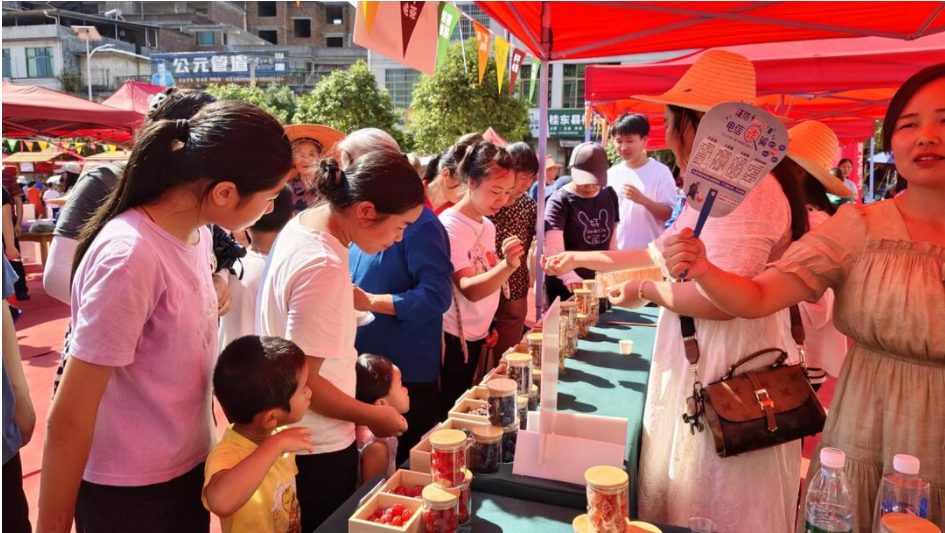Seasonal industries increase villagers’ income in Qiaotou Township
2024-12-24
On December 16, Fu Baijun, Party secretary of Qiaotou Township in Guidong County, said that in recent years, Qiaotou Township has made efforts to promote the development of tea picking in spring, reed leaf picking in summer, bamboo and wood logging in autumn, and bamboo shoot digging in winter, attracting migrant workers to return home and start businesses, and providing more job opportunities nearby, which makes villagers able to take care of their families while earning money.

Qiaotou Township has a warm and humid climate, and fertile soil. In the late Ming and early Qing dynasties, local villagers would exchange local specialties such as Lilo tea and rare wild game for salt and food along the ancient tea-horse road connecting Chenzhou in Hunan and Ji’an in Jiangxi.
He Zhicheng, head of Linglongwang Tea Development Co., Ltd. in Guidong County, said that the traditional making techniques of Lilo tea is a provincial-level intangible cultural heritage project and Lilo tea is a national geographical indication product. To ensure the quality of tea, the company has built a high-standard ecological tea garden base of 10,000 mu (about 666.67 hectares), driving more than 2,700 households in the township to plant more than 20,000 mu (about 1,333.33 hectares) of tea gardens. Its products include multiple varieties such as green tea, black tea, and jasmine tea, which are sold well throughout the country.

“Qiaotou Township has now over 30,000 mu (2,000 hectares) of high-quality tea gardens. It has leveraged the leading role of tea enterprises such as Guidong County Linglongwang Tea Development Co., Ltd., and Qiaoyuanchun Ecological Agriculture Development Co., Ltd. to manage the tea base well to produce high-quality tea, providing jobs for more than 4,000 villagers nearby and achieving an annual comprehensive output value of over 100 million yuan,” said Zhang Hang, deputy Party secretary of Qiaotou Township.
In order to create products with unique Qiaotou characteristics and competitiveness, Qiaotou Township has formed an industrial development pattern of “tea picking in spring, reed leaf picking in summer, bamboo and wood logging in autumn, and bamboo shoot digging in winter according to local conditions on the basis of stable progress in the tea industry.
Qiaotou Township has made efforts to develop the “courtyard economy” with high quality. In recent years, it has invested more than 260,000 yuan every year to encourage 136 poverty-stricken and monitored households to develop characteristic crops such as tea, reed leaves, and bamboo in front and back yards, and idle areas, creating its own model for developing courtyard economy, in a bid to strengthen characteristic advantageous industries and increasing farmers’ income through multiple channels.

At the same time, Qiaotou Township has taken active measures such as policy incentives to guide more than 1,000 households to develop such industries as reed leaves and bamboo on non-agricultural idle land on the sides of forests, roads, rivers, streams, and houses, transforming characteristic resources into products and industries.
As of now, the township has over 10,000 mu (about 666.67 hectares) of reed leaves and more than 10 reed leaf processing enterprises, with a comprehensive output value of about 90 million yuan. It also has 932.8 hectares of bamboo, with an annual output of 5,000 tons of bamboo and 2,000 tons of bamboo shoots. There are 5 bamboo shoot processing factories and 2 bamboo wood processing factories, with a comprehensive output value of about 22 million yuan.
In order to further enhance the value of local specialties such as tea, reed leaves, and bamboo, Qiaotou Township has increased efforts to build its characteristic agricultural industry chain, and formed a relatively complete industrial chain from planting, processing, sales to services.
Such activities as “I read poems for you in the tea town” and “tea parties” are launched in the township in March and April every year to attract tourists to experience tea picking and tea making in Linglongwang Tea Garden and Maping Tea Garden, which has carried forward tea culture, brought more visibility to the Qiaotou tea brand, and promoted tourism consumption.
It’s cool in Guidong in summer, and there are many tourists coming to the city to avoid summer heat. The “Hakka Culture and Food Festival” is held during the period, and characteristic delicacies like Lilo tea wine, steamed goose with rice flour, and fish preserved in rice wine are promoted, in a bid to advance the development of the cultural and tourism industry with characteristic catering.
According to incomplete statistics, Qiaotou Township has received more than 50,000 tourists in 2024, driving farmers and eateries to increase income by nearly 8 million yuan through agricultural products sales and catering consumption.
Chinese source: hunantoday




